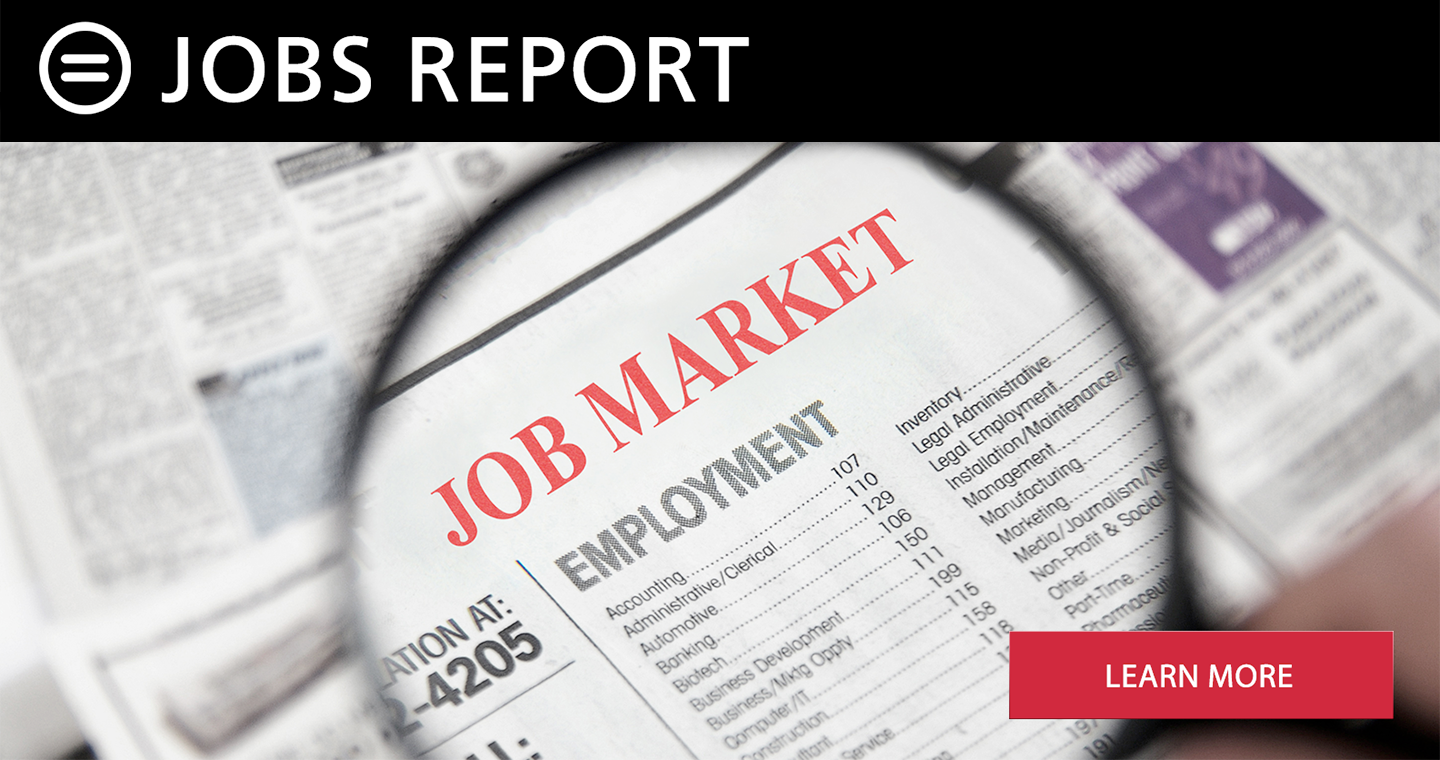October Jobs Report: American Economy is Surging Ahead

Bernard E. Anderson, Ph.D.
Whitney M. Young, Jr. Professor Emeritus
The Wharton School, University of Pennsylvania
and Senior Economic Advisor, National Urban League
The economy surged forward in October. Despite widespread complaints about being unable to find workers, businesses are doing just that. Private employment increased by 531,000 jobs in October and the unemployment rate edged down to 4.6%, with 72 percent of all private sector industries reporting employment growth.
The leisure and hospitality industry, which bore the brunt of job losses when the pandemic struck, led the way with 164,000. Employment surged in hotels, airlines, and other travel firms.
Manufacturing employment grew by 60,000, the largest monthly increase in manufacturing jobs in 30 years. Employment grew notably in construction, retail trade, professional and business services, and retail trade. The big negative was state and local education, which lost 43,000 jobs.
The October jobs report confirms a common truth: analysts should not judge the economy on one month’s numbers. In September, economic growth slowed considerably below the pace observed in the early months of 2021. Job growth was sluggish in many industries. Supply chain bottlenecks reduced production; the gap between aggregate supply and demand boosted inflation which at 5.7 percent remains well above the pre-pandemic level. These conditions are likely to recede as measures are taken to break the logjam in product delivery.
The Federal Reserve announced that it will start reducing asset purchases by $ 15 billion per month, reducing the money supply and bolstering efforts to achieve maximum employment and price stability. Chairman Powell added that the Fed will not consider raising interest rates until the securities tapering process is complete, probably next June.
The unemployment rate declined mainly because the labor force grew very little in response to strong job creation. People are retiring at a rapid pace or are unwilling to return to work, thus constraining the labor supply. Total employment remains 4.1 million down from February 2020 when COVID 19 hit the U.S
A major issue of concern to the National Urban league is the impact of racial disparities in employment, income, and wealth on the U.S. economy. The Black unemployment rate stubbornly remains nearly twice the rate for whites, at 7.9% and 4.0% respectively.
A recent study by the President of the San Francisco Federal Reserve regional bank estimated that racial discrimination reduced gross domestic product by $51 trillion since 1990. This corresponds with a Citibank study that estimated that a $16 trillion loss to the GDP over the last 20 years as a result of discrimination. These findings show that efforts to eliminate racial disparities not only will improve the economic well-being and quality of life for Black Americans, will but also contribute to steady balanced economic growth benefitting all Americans. The findings also confirm the critical role the National Urban League plays, and the work it does to eliminate discrimination and achieve equal opportunity in all domains of American life. In so doing, the National Urban League will not only improve the quality of life for African Americans but also achieve stable, balanced economic growth that benefits all Americans.

